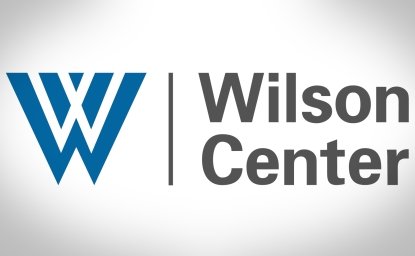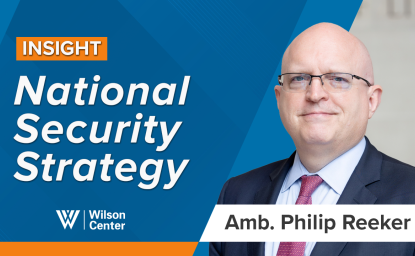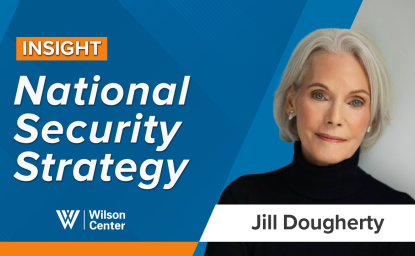U.S. Should Engage Iran, Scholar Says
Wilson Center Public Policy Scholar Hadi Semati says now is the time to engage Iran on mutual strategic interests.
Wilson Center Public Policy Scholar Hadi Semati says now is the time to engage Iran on mutual strategic interests.
The Iranian hostage crisis occurred 25 years ago, but the mistrust it bred in America lingers. Wilson Center Public Policy Scholar Hadi Semati said that, for Iran, the mistrust dates back to 1953. That year, "a U.S. coup crushed Iran's nationalist movement, which led to nearly 30 years of a police state under the Shah," Semati told Centerpoint. "For Iran, domestic politics and the U.S. position on Iran's political development radicalized the Iranian revolution of 1979 and gave it an anti-American tone, which set the course of relations for the next decade." In fact, both countries remain wary of each other and all attempts at diplomacy have failed.
From Iran's perspective, the Iranians who overtook the U.S. Embassy in 1979 feared a repeat of the 1953 coup and committed the extreme act to deter possible U.S. re-involvement in Iran. "The United States was seen as a supporter of a despotic regime and as a co-conspirator of the Shah," Semati said.
Soon after the Revolution, Iran found itself embroiled in a war with Iraq. Already suspicious of America, many Iranians contended that the U.S. plotted Iraq's military intervention, and they became hardened as the U.S.'s gradual tilt toward Iraq in that war became apparent. Semati said, "U.S. support of Iraq during the Iran-Iraq War added another layer of animosity and opposition to U.S. policies."
Further complicating relations, Israel's invasion of Lebanon in 1982-with U.S. sympathies lying on the Israeli side-gave impetus to the belief that Americans were anti-Muslim. For the ensuing decade, bridging the tarnished relations became impossible amidst fears and misperceptions.
Semati, who teaches political science at the University of Tehran, is uniquely qualified to discuss Iranian-U.S. relations from both sides. Although raised in Iran, he spent eight years studying government and international relations at American universities.
"Both sides have wrecked all possibility for rapprochement," Semati observed. "There have been no direct talks among diplomats and therefore no learning, no discerning interests, no resolving problems."
"But isolation and containment have not worked," Semati said. "Engagement is necessary." Both sides have mutual strategic interests, including Iraq's stability, oil flow, economic and political reform in the region, and the fight against terror.
"Iran is a significant force in the region in landmass, economics, resources, and military power," Semati said. "Iran is in a position to impact the transformation of the region and if Iran engages with the United States, it could become a different political entity. The U.S. can engage and get its desired outcome with minimal cost."
Engagement is also essential to prevent tensions from escalating. The United States has heightened concern about Iran's potential nuclear capability.
Meanwhile, Iran fears U.S. encroachment, as U.S. troops are stationed all along its periphery. "The U.S. military is Iran's neighbor," said Semati.
While historical legacies and current trends complicate the potential for dialogue, diplomacy is vital to alter the dynamics and foster cooperation on bilateral issues. But Semati also advised that the United States be mindful of the limits of its impact as it advocates democracy in the Middle East. "Today's democratic movements in the Middle East are homegrown. The United States must be careful its influence does not undermine the proponents of change."



